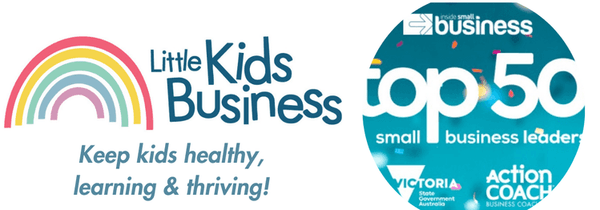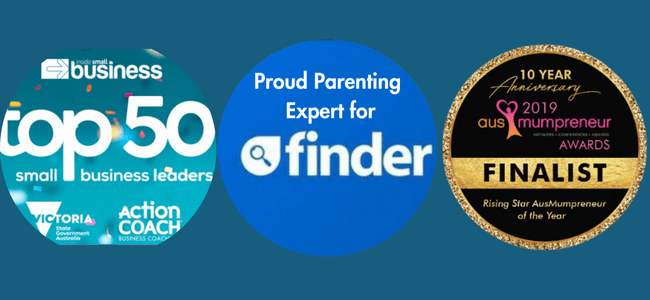Being a parent has never been easy, but today it seems like our duties are never-ending. Kids’ education might be the biggest task of all, with the most impactful consequences. And if we’re going to alleviate parental burdens, how we handle this task will go a long way towards resolving that.
Finding equal foot, Singapore is known for its world-class education system, making it an ideal place to raise children. But a survey of parents indicates otherwise, reflecting that today, CHILDREN’S EDUCATION HAS BECOME A SIGNIFICANT BURDEN in parental care. Although few nations are as ultra-competitive in this area as Singapore, every parent can relate to the emphasis on better educational outcomes for their child’s future. These patterns can be extrapolated to any country and family in the modern world.
Mothers are disproportionately affected by this problem.
Despite efforts towards equality, when increased stress is placed on parental duties, traditional gender roles tend to be invoked. Working mothers are expected to step back in their careers, and anticipation of this sacrifice likely leads to falling fertility rates as countries become more educated. The first step we can take towards solving this issue is discussing it openly. Norms only hold sway if they are unchallenged. There are too many issues, ranging from mental health to early baldness, where gender stereotypes go unquestioned. How can one address well-being or find HAIR LOSS SOLUTIONS FOR WOMEN when expected to keep quiet about such matters? Mothers can’t be afraid to talk about gendered scripts and question why fathers don’t play an equal part in tackling this issue. It doesn’t mean that both parents must sacrifice their careers. Rather, both must be involved in finding a better solution.
Research has consistently shown that PARENTAL INVOLVEMENT IS CRUCIAL TO CHILDREN’S OUTCOMES in education. They are more likely to achieve on exams, adjust successfully in behaviour and social ability, and have good attendance records. Although factors such as income or social status might have an impact, studies show that the best predictor of educational outcomes is the home environment. When parents are involved, encourage learning, and uphold high but reasonable standards for their kids, they achieve further in school. The problem is that today, parents can go well beyond those benchmarks. Helicopter parenting isn’t new, and with distance education becoming commonplace amid the pandemic, teachers could experience parents encroaching on the online learning environment. Such ‘shadow parents’ aren’t helpful to teachers, classmates, or their own children. In fact, the more parents cross over the boundaries, the more difficult it becomes in other areas of their lives. This is the result of allowing the child’s education to become a form of SHADOW WORK.
Chances are if you look at your daily routine, there are multiple mundane tasks you do that actually used to be done by businesses and their employees. Online banking, pumping gas, planning your own trips, and shopping decisions, these tiny tasks are now self-service options. Without our awareness, they’ve been outsourced to us, adding up and eating into our available time. It’s not your hustle this idea that we can grind it out in anything, including the parental role in children’s education, is counter-productive, but it’s also tied into our ethos. We’re obsessed with productivity because our culture equates that with self-worth. And we’re raising kids to do the same, with diminishing returns. Gen Z has been raised on the “study web” and #ProductivityTok. They stand to be the MOST EDUCATED GENERATION ever but also suffer from the greatest job insecurity. Take a step back and consider that while parental involvement is good, you’re probably not doing your kids any favours by burning out. And in the process, you’re setting the wrong example.
A child’s education isn’t a parent’s hustle.
It’s a task they’ve already outsourced to schools and the teachers employed therein. It may be even further dissembled to private tutors or willing family members. Remember that the parent-educator relationship is a partnership. Like any partnership, it requires trust and cooperation on both sides to be truly effective. Parents have to strike a balance, remain engaged, and learn to trust these other educators. Trust that they are making an earnest effort to handle the child’s education as best as possible. And maintain open two-way communication so that feedback can be used to improve the process, and ultimately, the child’s outcomes. If both parents can be involved in their child’s education, without allowing this involvement to turn into unpaid labor, they can focus on the home environment. And relinquish the excess burden to professional educators who are equipped to do that job.


